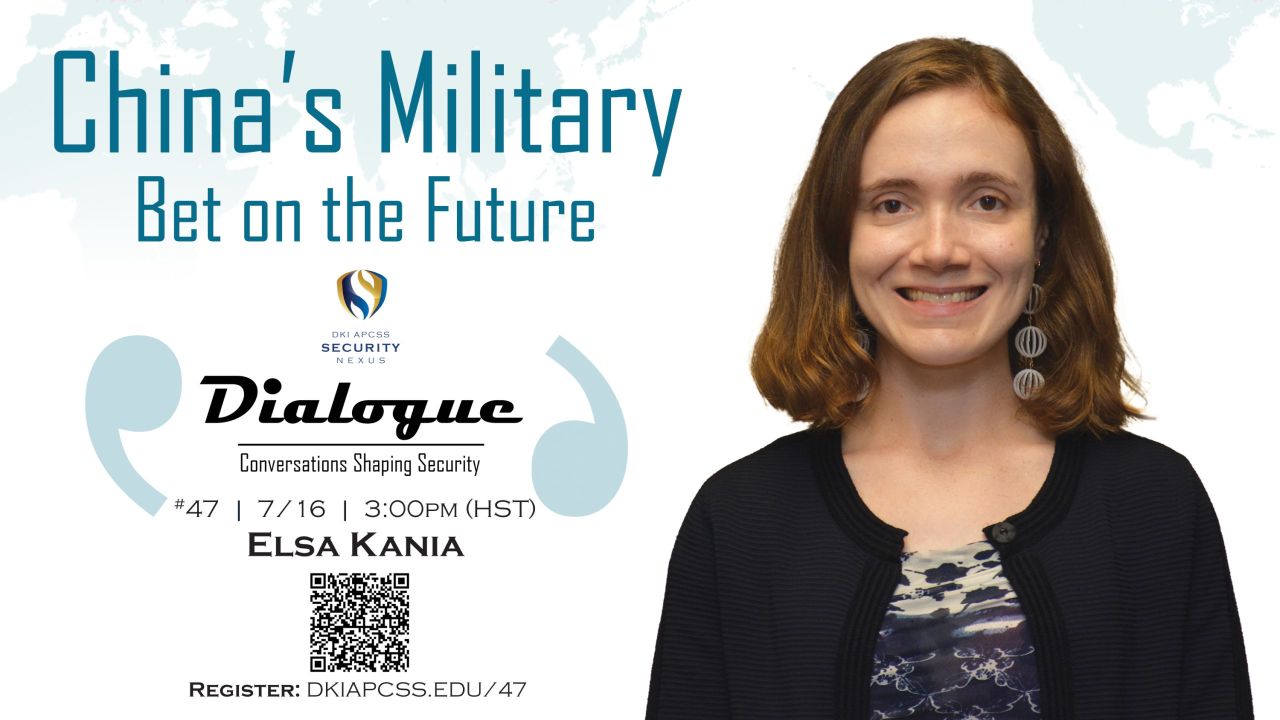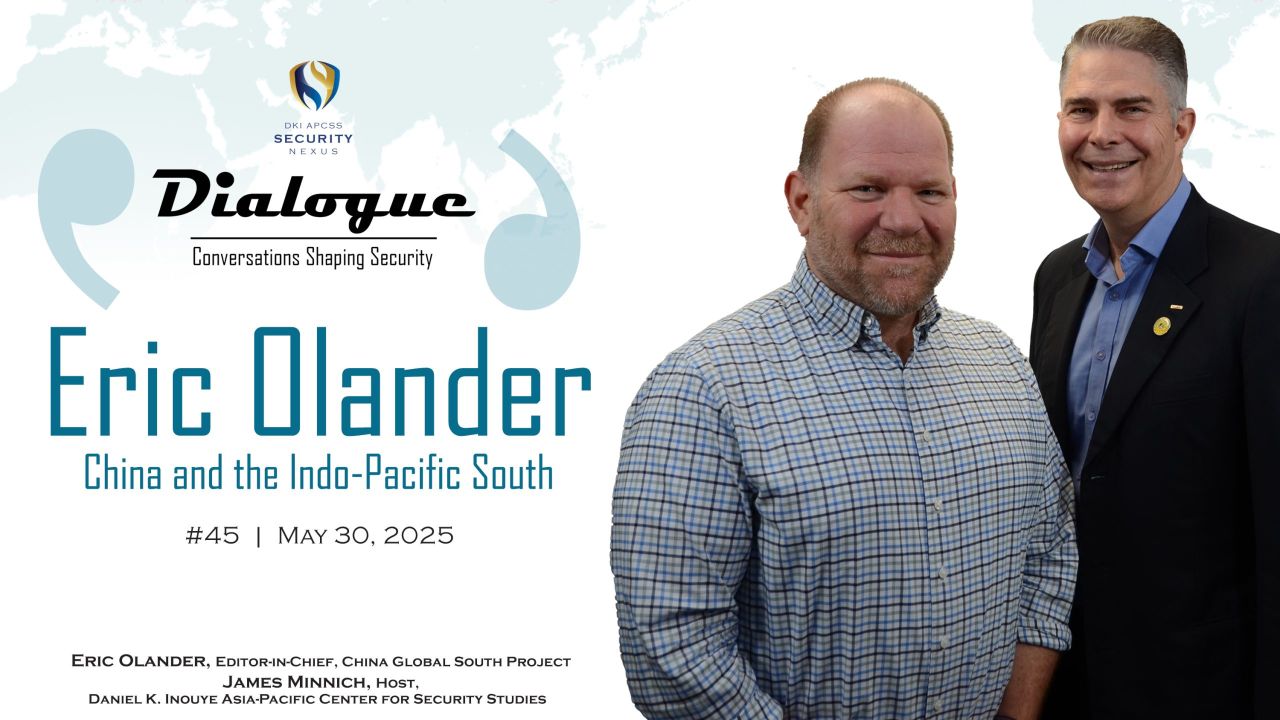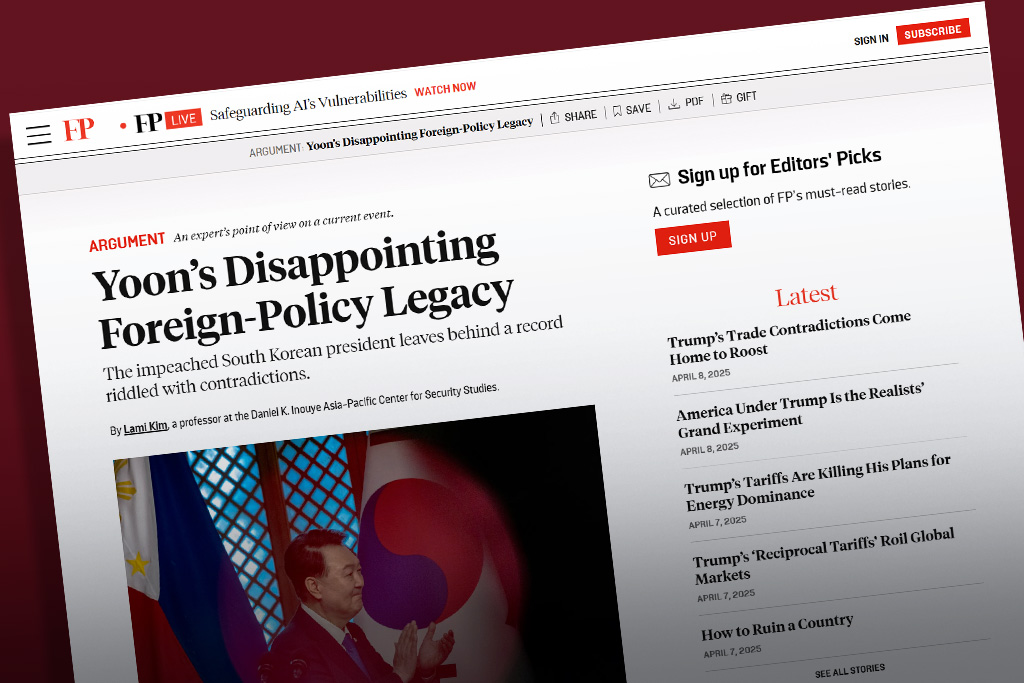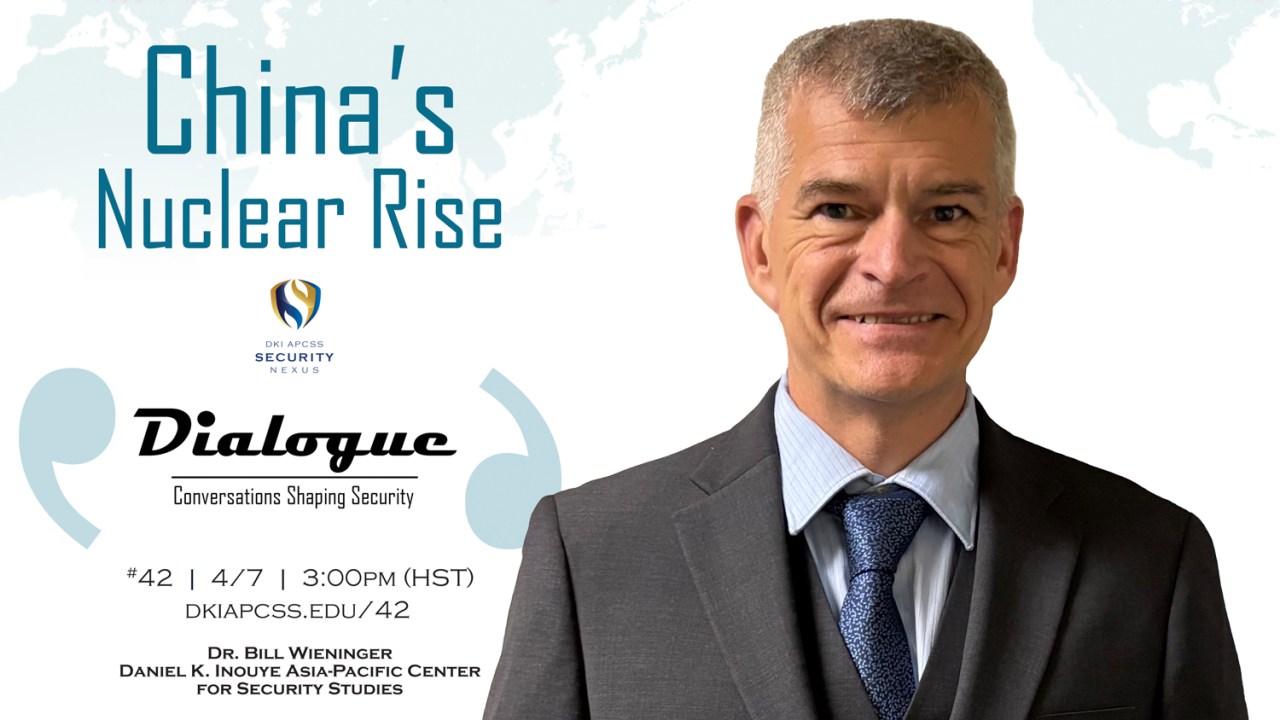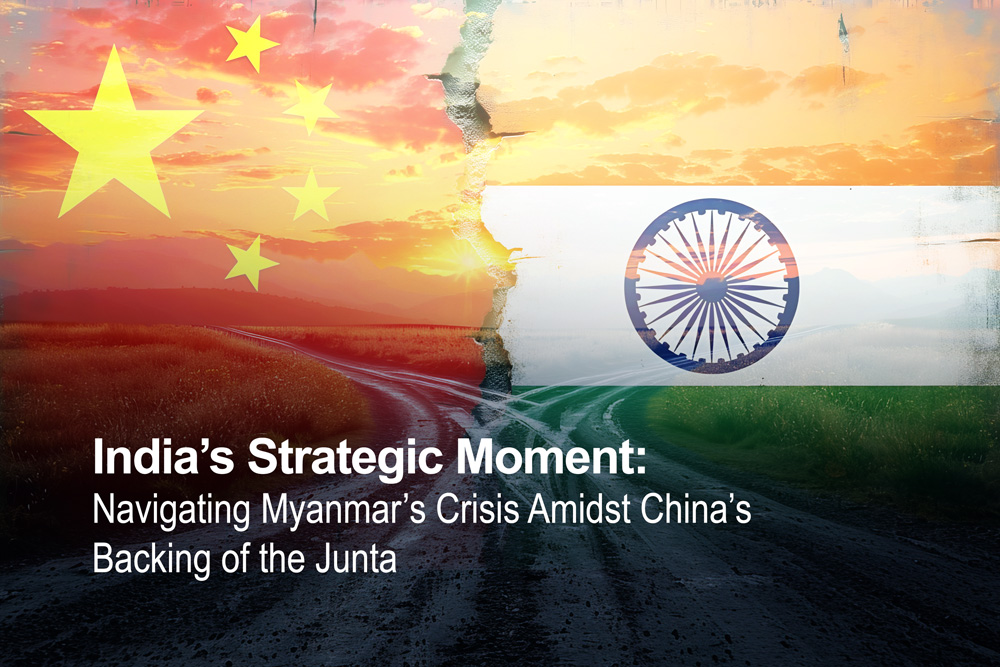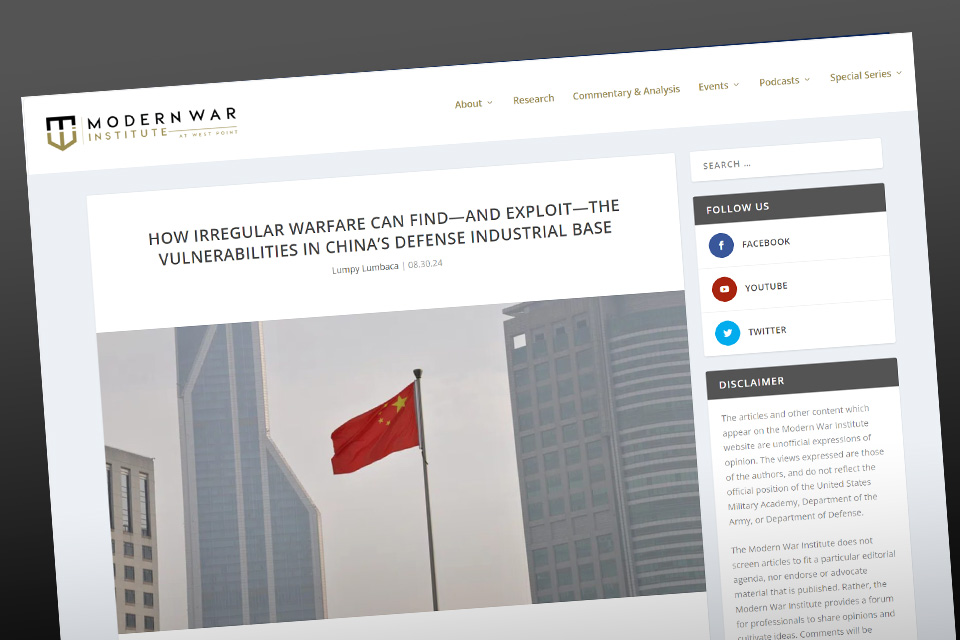Future Security Leaders Convene in Ottawa to Confront China’s Hybrid Warfare
OTTAWA, Canada — The Daniel K. Inouye Asia-Pacific Center for Security Studies, in partnership with the U.S. Embassy in Ottawa, Global Affairs Canada, the Canadian Department of National Defence, the Centre for International Governance Innovation, and the William J. Perry Center for Hemispheric Defense Studies, hosted a workshop on China’s hybrid warfare strategies July 7–11. Held in Ottawa, the five-day event convened emerging leaders from the Indo-Pacific, the Americas, and Europe to explore economic coercion, cyber threats and strategic risks to the defense industrial base. Participants engaged in scenario planning, strategic analysis and peer-to-peer exchanges to better understand the multilayered and multidomain tactics employed by China.



